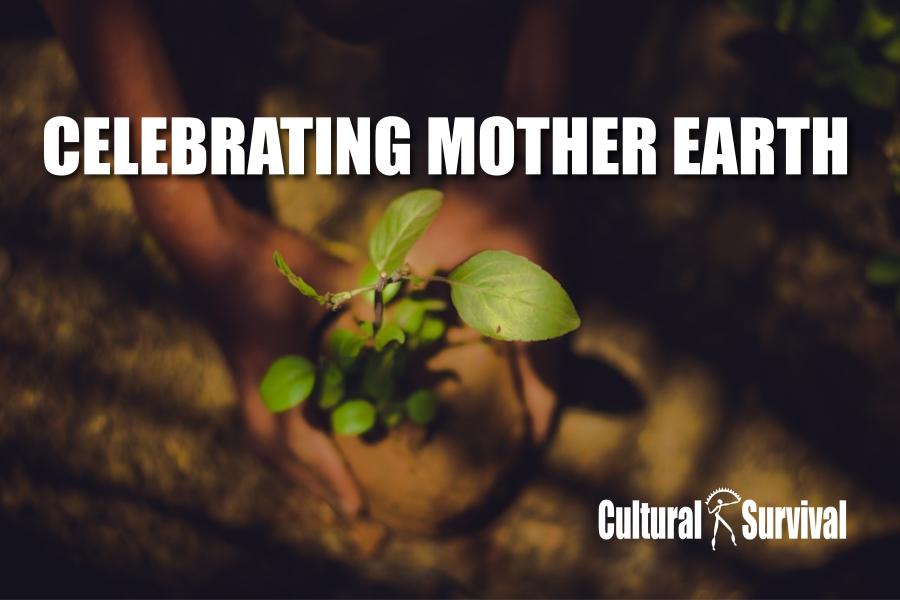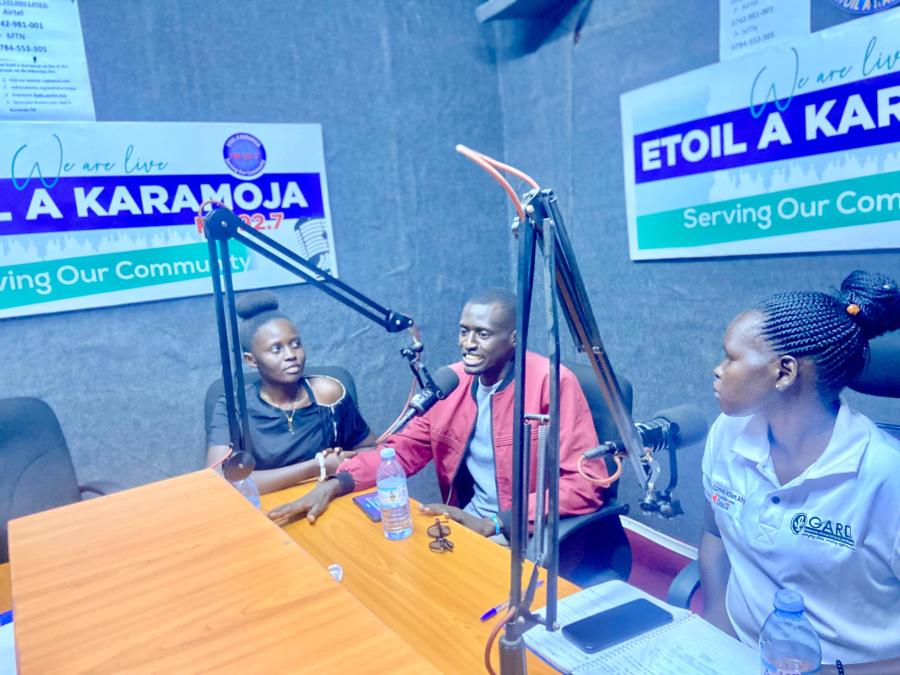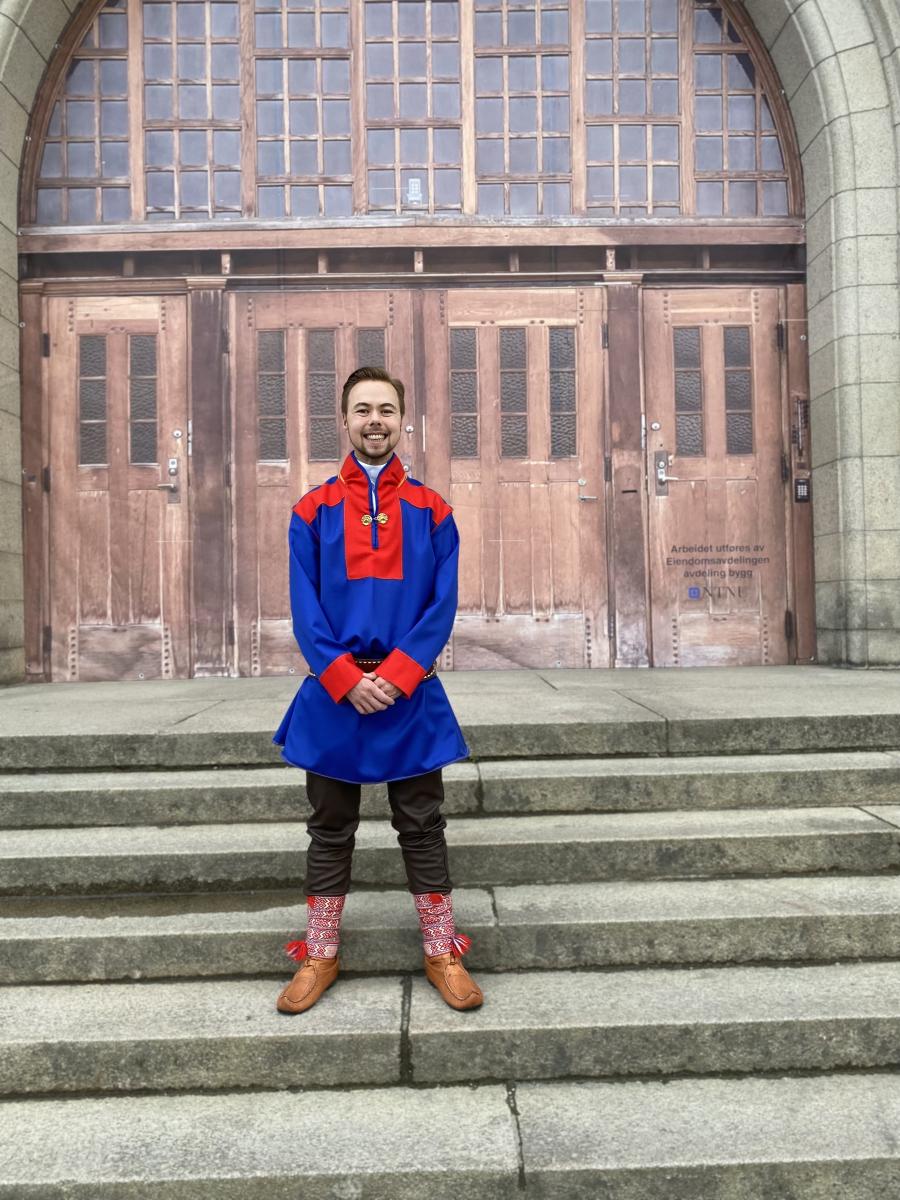
On March 9, 2023, Cultural Survival hosted the webinar, Securing Indigenous Women's Rights in the Green Economy to discuss the impact of the increasing demand for transition minerals, such as lithium, cobalt, and copper, which are deemed crucial for clean energy technologies. The webinar shed light on the potential threats to Indigenous rights and territories due to increased mining without comprehensive assessments of risks and harms to Indigenous communities or their full participation in decision-making processes. The discussion highlighted that mining occurs on lands without the Free, Prior and Informed Consent (FPIC) of Indigenous Peoples, leading to the desecration of sacred places, murders of human rights defenders, and environmental threats to resources like land and water. Women, who historically play a crucial role in maintaining and protecting their communities, are often the first to see and receive the impacts of mineral extraction. This webinar aimed to raise awareness about transition minerals and the green economy and featured women leaders and representatives of organizations who denounce and educate on the threats posed by "green" megaprojects.
Jannie Staffansson (Sami) spoke about her experiences with mining in Scandinavia and the threats it poses to the Sami community's identity and culture. As the project manager for the Minoddagiron project in Kiruna, a town located high up in the north of Swedish Lapland, Staffansson works with the Gabna and Levas reindeer herding communities who have adapted to over 130 years of mining. However, the recent discovery of the world’s biggest iron earth materials deposits in Europe this year now threatens the existence of these communities. The mining industry has caused a decline in the reindeer population, which is central to Sami cultural identity and heritage, as well as posing a risk to children's rights to their culture and future. Moreover, the mining industry has resulted in the loss of sacred lands vital to the survival of the reindeer and the community's pastures. As a result, the Sami community is struggling to maintain their culture, language, and identity. Women in these communities play an important role in preserving cultural knowledge and language, and the loss of reindeer herding would have a devastating impact on their identity and the transmission of Indigenous Knowledge to future generations. Staffansson emphasized the crucial need for global support to pressure the Swedish State to respect Indigenous Peoples’ rights and human rights, as well as the rights of children to their culture, language, and identity.
Lesley Muñoz (Colla) from Chile, a board member of the Plurinational Observatory of Andean Salt Flats (Observatorio Plurinacional de Salares Andinos) OPSAL spoke about the impact of mining on Indigenous communities in Chile and specifically on Indigenous women. Her community is currently fighting against the mining of transition materials such as, lithium, gold, copper and other minerals and she explained how the industry is causing water scarcity and dispossession of land. In addition, as the mining industry is mainly dominated by men, Indigenous women are currently either forced to migrate to find work or are left to take care of the home, agriculture, and cattle raising without pay, leading to wage inequality and limited access to healthcare and education. As defenders of the environment, Indigenous women are the first to be affected by the dispossession of land, and they are often criminalized for defending their territories. Chile's continued efforts to promote its mining industry is a blatant disregard to the fundamental rights of Indigenous women to give Free, Prior and Informed Consent and to live in a clean and healthy environment. Muñoz's example of extractivism in Chile is an example of why we need to prioritize human rights in all actions and shift towards a new form of consumption to avoid overexploiting lands.
Guadalupe García Prado, an anthropologist, and Director of the Observatory of Extractive Industries (OIE), spoke about the need to educate people about Indigenous women's rights during the green economy transition. Her organization strives to democratize information and ensure access to information during this transition. The OIE believes that a just transition is possible, where Indigenous communities can remain in their territories and not be dispossessed from their lands. Currently, many Indigenous communities in Guatemala are experiencing pressure from the extractivist industry that threatens their identity, culture, and way of life. For example, the extraction of nickel in the nation has increased exponentially in the last few years. The extraction of nickel has a significant impact on Indigenous territories in Guatemala, with reports of biodiversity loss, erosion, water scarcity and more all being documented. The most notorious of these is the case of the Fenix nickel mine, which severely contaminated Lake Izabal, Guatemala’s largest lake, drastically altering the lives of countless Indigenous and local people. Garcia described this extraction process as being part of an emerging climate colonialism, where technological solutions to an energy crisis are given without regard to Indigenous people. This is an example of structural racism, as the exploitation of minerals on Indigenous territories reflects a disregard for lives of the individuals residing in those areas. The OIE seeks to defend and advocate for these territories in Guatemala and works with ethno-territorial movements to address extractivism while raising the voices of Indigenous women. The observatory prioritizes conducting research that originates from the communities themselves, with Indigenous people taking the lead in compiling the information in order to close the gap of lack of information. The OIE's work supports the idea that a just transition to a green economy is possible while ensuring that Indigenous women's rights are respected.
Kate R. Finn, the Executive Director of First Peoples Worldwide, also spoke during the webinar about the importance of education on Indigenous Women's Rights in the Green Economy transition. Finn emphasized the need for Free, Prior and Informed Consent (FPIC) as a protective mechanism for the rights of Indigenous Peoples, which allows for self-determination and equity in decision-making for those impacted by mining and resource development. Without FPIC, Indigenous communities are at risk of violence and trauma, particularly women and children who face an increased risk of human trafficking and sexual violence. Finn believes that the solution lies in building bridges between Indigenous Peoples and the private sector, as well as developing protocols for holding companies accountable and ensuring transparent supply chains. Currently, there are over 5,000 mining projects globally involving transition minerals, and 54% of these projects are located on or near Indigenous People's lands. Finn highlighted that the extractive economy is linked to the epidemic of missing and murdered Indigenous women. When extractive industries move in, there is an increase in violent crime and human trafficking, leading to social and environmental trauma in Indigenous communities. However, Finn noted that there is an opportunity for Indigenous leaders to hold companies accountable and advocate for their communities' social and cultural welfare through Free, Prior and Informed consent, which provides equity in decision-making and ensures that Indigenous Peoples are included in the green economy transition. Finn's perspective highlights the importance of education about Indigenous women's rights in the green economy transition to ensure that the transition is just and equitable for all.
The final panelist to speak during the webinar was Cultural Survival’s Executive Director, Galina Angarova (Buryat). In her opening remarks, Angarova introduced the Securing Indigenous Peoples' Rights in the Green Economy (SIRGE) Coalition, a group of Indigenous and allied organizations dedicated to protecting Indigenous Peoples' rights and promoting a just transition to a low-carbon economy. The coalition includes trusted partners like Cultural Survival, Batani Fund, First Peoples Worldwide, Earthworks, and Society for Threatened Peoples. The coalition has expertise in multiple sectors, including shareholder advocacy and corporate engagement, on-the-ground connectivity with Indigenous leaders, real-time research capacity on mining and the renewable sector, and global connectivity through established networks. The coalition's primary goal is to prevent the negative impacts of mining for transition minerals on Indigenous lands and protect the self-determination of Indigenous Peoples, especially Indigenous women. The coalition is unique in that it is led by Indigenous Peoples and all voices in the coalition are decision-makers at all levels. The coalition officially announced itself on August 9, 2022, International Day of the World's Indigenous Peoples, after months of building trust through hundreds of conversations among members, community representatives, activists, allies, partners, scholars, and funders.
The advocacy front of the coalition has been working on advocating for Indigenous Peoples' rights in legislation related to batteries, sustainability, and critical raw materials. They successfully included two references to Indigenous Peoples in the EU Battery Regulation and are currently advocating for the inclusion of references to the UN Declaration and the right to Free, Prior and Informed consent in the Corporate Sustainability and Due Diligence Directive and Critical Raw Materials Act. A delegation from Cultural Survival recently met with members of the European Parliament and Commission to stress the importance of Indigenous Peoples in protecting biodiversity and traditional knowledge. In addition to advocacy work, Cultural Survival is also focused on capacity building with Indigenous communities to develop Indigenous-led FPIC protocols. They plan to hold a meeting with communities from Africa in September to discuss these protocols. Cultural Survival is also currently selecting grants to distribute to communities affected by transition minerals. During her talk, Angarova also highlighted that Indigenous women play a crucial role in protecting their lands and the environment. They carry invaluable knowledge about their cultures and ways of life, making them the best experts in their landscapes. Despite facing marginalization and discrimination, Indigenous women have persevered as the original environmental defenders. To ensure their elevation, it is vital to support Indigenous-led organizations and projects led by Indigenous women. They should be included in boards, sponsored to attend international conferences and meetings of human rights mechanisms, and mentioned by name during such events. Indigenous women’s leadership in ensuring the future of our planet.



